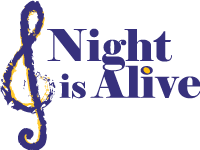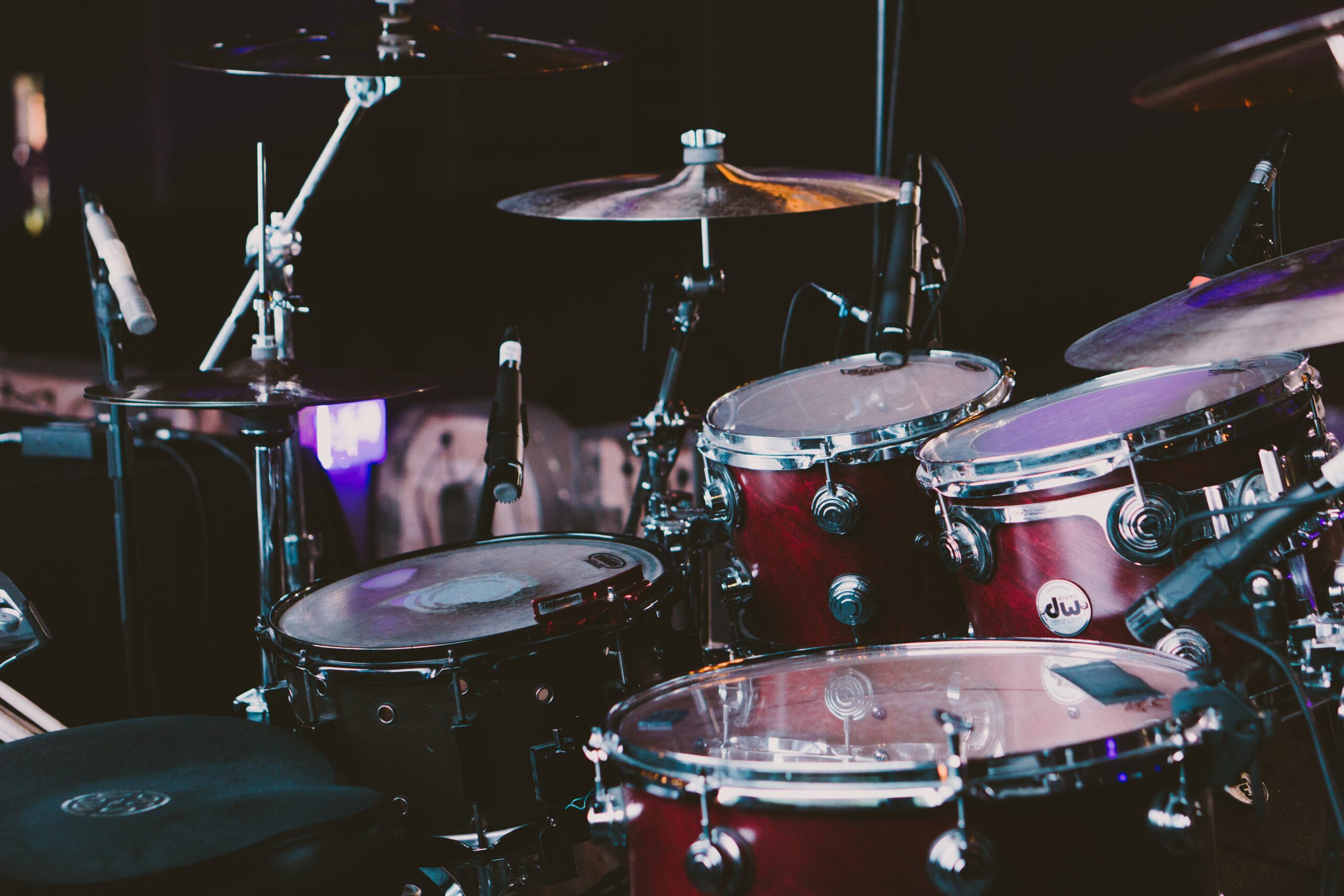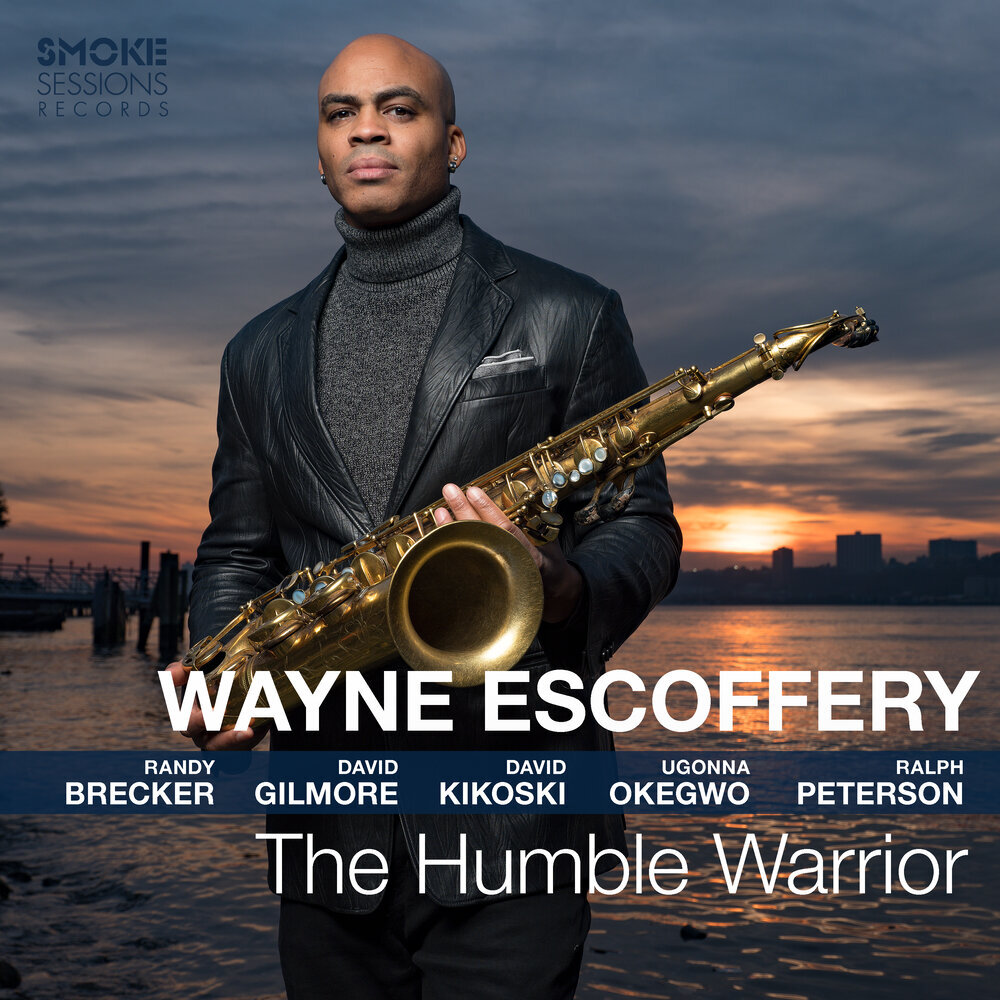What’s The Most Popular Instrument In Jazz?
Photo by Gabriel Barletta on Unsplash
Jazz music is a genre that has been around for over a century and has produced some of the most iconic musicians of all time. At the core of jazz music are the instruments that create the distinctive sound that we all know and love. From the trumpet to the saxophone, each instrument plays a crucial role in the jazz ensemble. In this article, we will be exploring the top 5 most popular instruments in jazz. Whether you’re a seasoned jazz enthusiast or a newcomer to the genre, this list is sure to give you some insight into the instruments that have shaped the sound of jazz music over the years. So sit back, relax, and get ready to immerse yourself in the magical world of jazz music!
Importance of Instruments in Jazz
Instruments are the backbone of jazz music. They are what give the genre its unique sound and make it stand out from other forms of music. Jazz is a highly improvisational style of music, and the instruments used allow for the musicians to express themselves in a way that is not possible in other genres. The instruments used in jazz are chosen for their ability to create a wide range of sounds and emotions, and for their ability to interact with each other in a cohesive way.
The popularity of an instrument in jazz is determined by a number of factors. Firstly, the sound of the instrument must be unique and distinctive. It must be able to stand out in the midst of other instruments and be able to hold its own in a solo performance. Secondly, the instrument must be versatile and be able to create a wide range of sounds and emotions. Lastly, the instrument must be able to interact well with other instruments in the jazz ensemble. It must be able to complement and enhance the sounds of the other instruments.
The Most Played Instruments in Jazz – Saxophone, Piano, and Trumpet
The saxophone, piano, and trumpet are three of the most popular instruments in jazz. They are each unique in their sound and have played a pivotal role in shaping the sound of jazz music.
Third Place: Piano – History and Famous Pianists
The piano is a versatile instrument that has been an integral part of jazz music since its inception. It is used to create a wide range of sounds and emotions, from melancholy ballads to upbeat swing tunes. The piano was invented in the early 18th century and has since become one of the most popular instruments in the world.
Some of the most famous pianists in jazz history include Duke Ellington, Thelonious Monk, and Bill Evans. Duke Ellington was a composer, bandleader, and pianist who is considered one of the greatest musicians of all time. Thelonious Monk was known for his unique style and his ability to create complex melodies on the piano. Bill Evans was known for his sensitive and introspective playing style, and his ability to create beautiful harmonies on the piano.
Second Place: Trumpet – History and Famous Trumpet Players
The trumpet is a brass instrument that has been a staple in jazz music since the early 20th century. It is known for its bright and powerful sound, and its ability to create a wide range of emotions. The trumpet was originally used in military bands, but it wasn’t until the early 20th century that it became a popular instrument in jazz music.
Some of the most famous trumpet players in jazz history include Louis Armstrong, Dizzy Gillespie, and Miles Davis. Louis Armstrong was a pioneer of jazz music and is considered one of the greatest musicians of all time. Dizzy Gillespie was known for his virtuosic playing style and his ability to create complex melodies on the trumpet. Miles Davis was known for his innovative style and his ability to push the boundaries of jazz music.
First Place: Saxophone – History and Famous Saxophonists
Our number one most popular instrument in Jazz today, the saxophone, was invented in 1846 by Adolphe Sax, a Belgian instrument maker. It was initially used in military bands, but it wasn’t until the early 20th century that it became a staple instrument in jazz music. The saxophone is known for its smooth and sultry sound, and its ability to create a wide range of emotions.
Some of the most famous saxophonists in jazz history include Charlie Parker, John Coltrane, and Sonny Rollins. Charlie Parker, also known as “Bird,” was a pioneer of bebop and is considered one of the greatest saxophonists of all time. John Coltrane was known for his avant-garde style and his ability to push the boundaries of jazz music. Sonny Rollins is known for his improvisational skills and his ability to create complex melodies on the saxophone.
Other Popular Instruments in Jazz – Bass, Drums, and Guitar
While the saxophone, piano, and trumpet are the most popular instruments in jazz, there are several other instruments that are commonly used in jazz ensembles. The bass, drums, and guitar are three of the most popular instruments in jazz after the saxophone, piano, and trumpet.
The bass is a stringed instrument that is used to provide the foundation for the music. It is often used to create a walking bassline, which is a staple of jazz music. The drums are used to provide rhythm and to create a sense of forward momentum in the music. The guitar is used to create a wide range of sounds and emotions, from gentle chords to scorching solos.
Drum Roll – Why These Instruments are Important in Jazz Music
The instruments used in jazz music are crucial to the genre’s unique sound and feel. The saxophone, piano, and trumpet are three of the most popular instruments in jazz, and each has played a pivotal role in shaping the sound of jazz music over the years. Other popular instruments in jazz include the bass, drums, and guitar, each of which brings its own unique flavor to the music. Whether you’re a seasoned jazz enthusiast or a newcomer to the genre, these instruments are sure to capture your heart and transport you to the magical world of jazz music.



